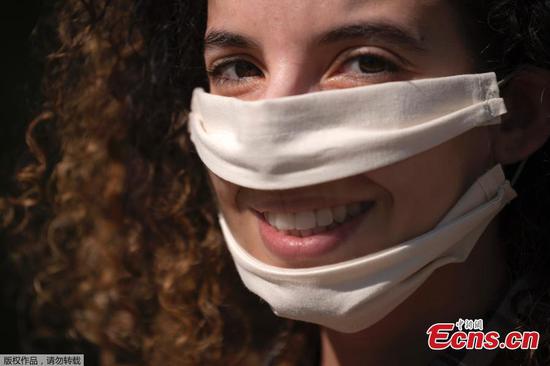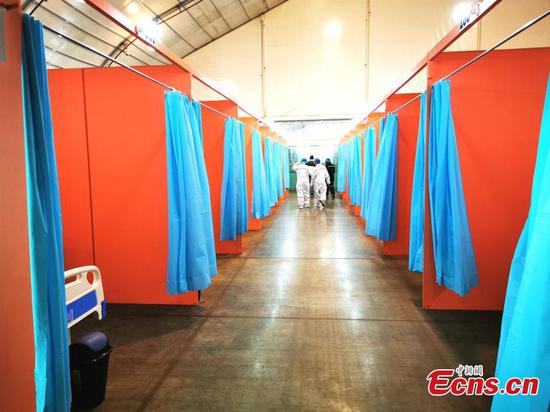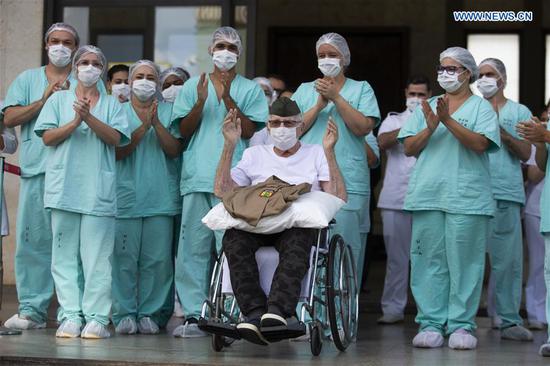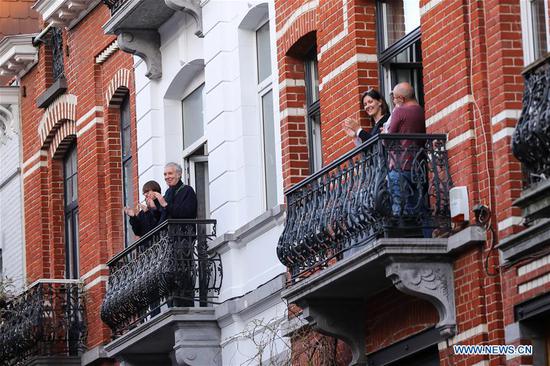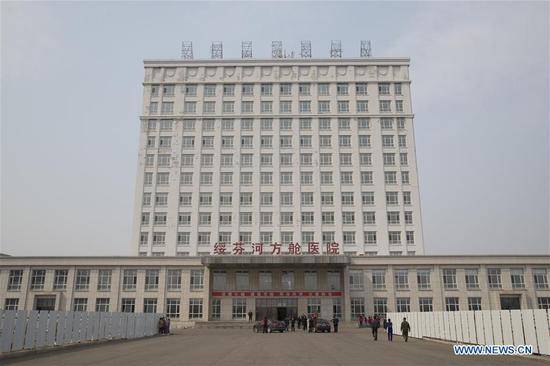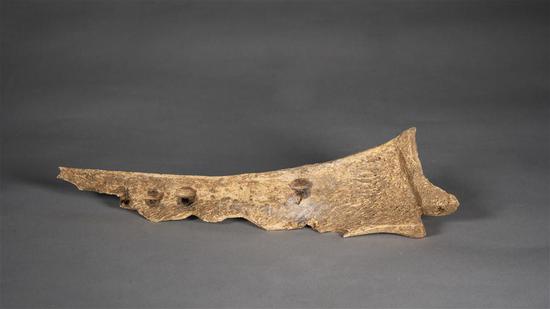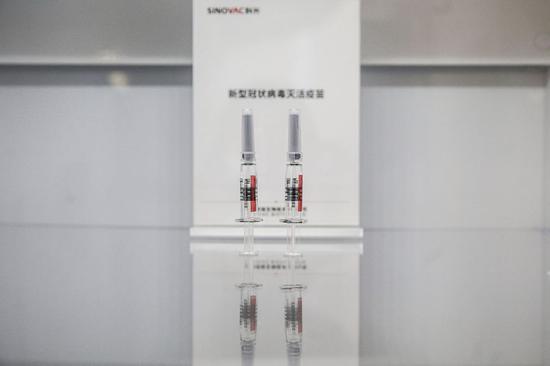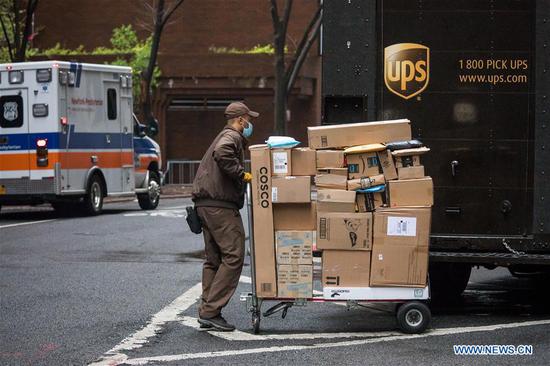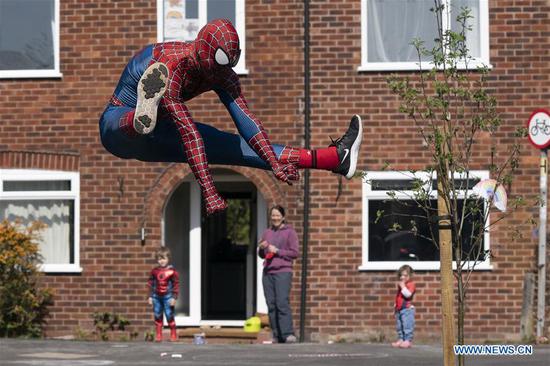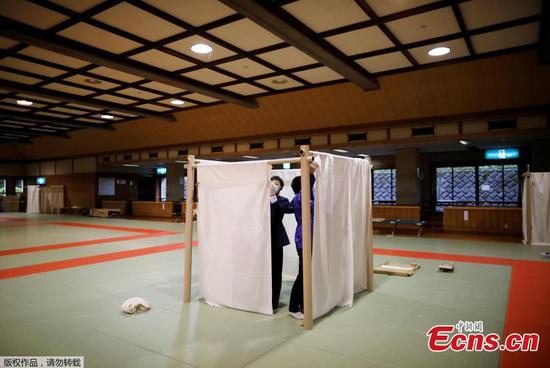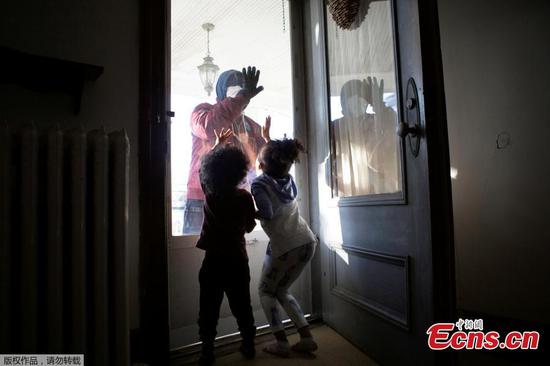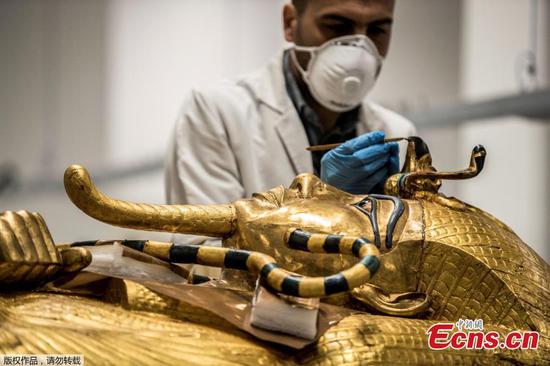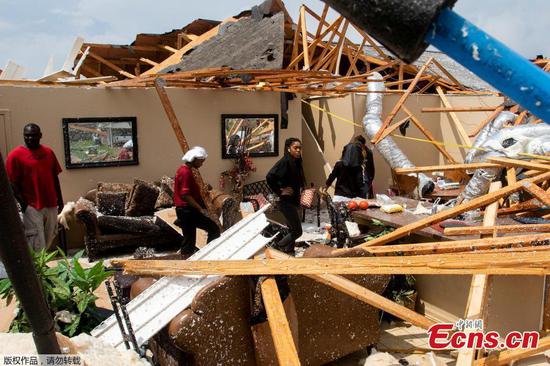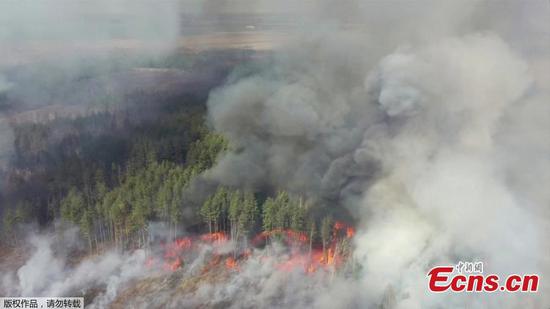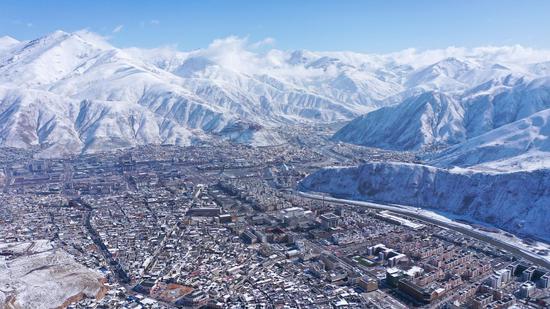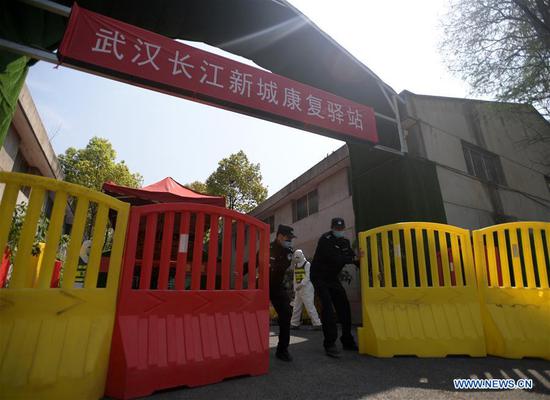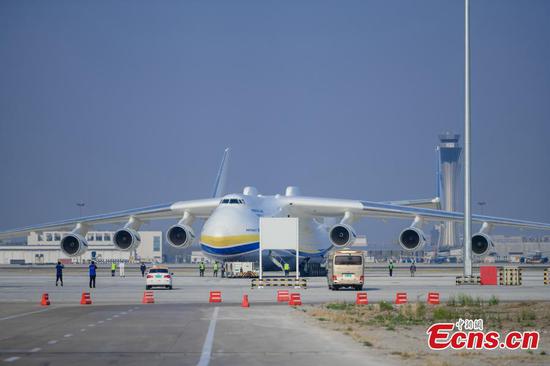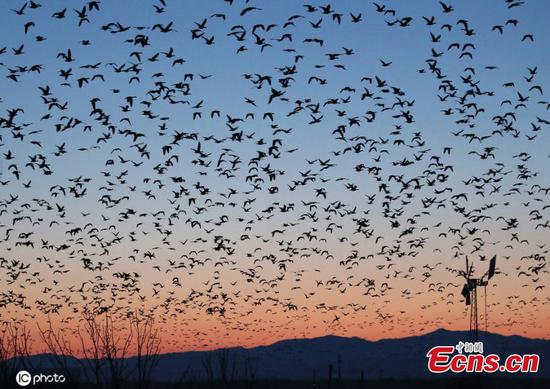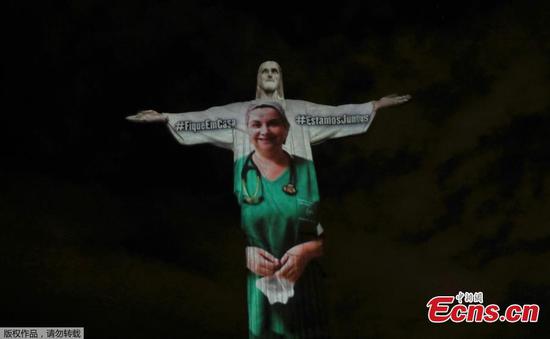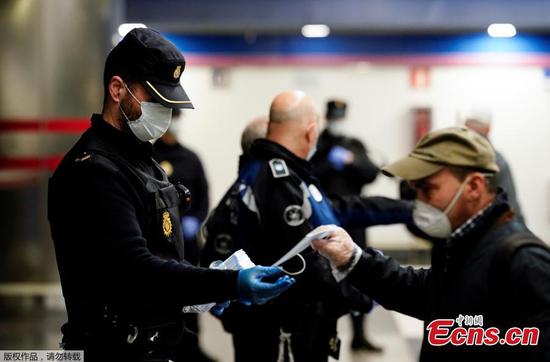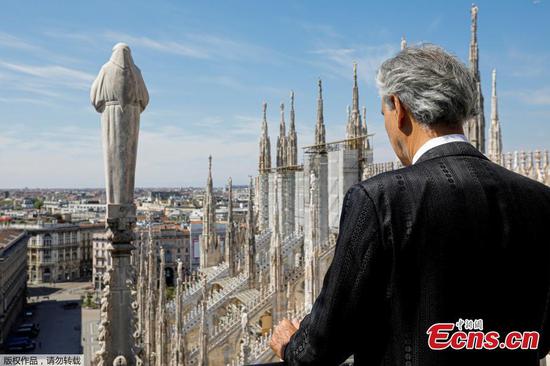U.S. President Donald Trump said Tuesday that his administration is halting funding to the World Health Organization (WHO), sparking worldwide criticism of undermining global efforts against the coronavirus pandemic at its most critical period.
Experts and U.S. media said scapegoating of the WHO cannot mask the White House's failings in the COVID-19 fight, which has so far claimed the lives of over 126,000 people.
DEFLECTING BLAMES
The White House's decision to halt funding to the WHO "follows weeks of Trump's escalating attacks on the U.N. health organization as he has sought to deflect scrutiny of his own administration's slow response to the outbreak," said a report published by Politico on Tuesday.
Over the past few weeks, criticism has been mounting from U.S. politicians and scholars of the U.S. administration's late pandemic response and missing critical turning points.
On March 12, Dr. Anthony Fauci, the current administration's top infectious diseases expert, admitted the U.S. system is "not really geared to what we need right now," though the WHO has declared a Public Health Emergency of International Concern on Jan. 30.
According to a report published by the Brookings Center on Regulation and Markets (BCRM) late last month, the WHO had sent hundreds of thousands of tests to different countries by early February, but the United States insisted on developing its own test kits, delaying testing throughout nearly all of February - "a lost month during a critical period."
Nevertheless, the Inspector General's office of the Health and Human Services Department on April 6 issued a report, revealing that U.S. hospitals still faced severe shortages of coronavirus test supplies, with Trump calling the report "Another Fake Dossier!" on Twitter.
Over the month of March, confirmed cases in the United States increased rapidly, from over 100 on March 5, to 10,000 on March 18, reaching 100,000 by the end of the month, according to the BCRM report.
A tally by Johns Hopkins University showed that the United States has reported more than 609,000 confirmed cases of COVID-19 and over 26,000 deaths so far, both the highest on record.
"The White House knows that it grossly mishandled this crisis from the beginning, ignoring multiple warnings and squandering valuable time, dismissing medical science, comparing COVID-19 to the common cold," Patrick Leahy, ranking member of the U.S. Senate Appropriations Committee, said in a statement.
"Not wanting to take responsibility as the deaths continue to mount, he blames others," Leahy said.
Stephanie Segal, a fellow with the Center for Strategic and International Studies, said in an online conference entitled "The Coronavirus Response" in mid-March that there was a gap for both the U.S. economic and medical response to the pandemic "on the global coordination side."
"I think ... the health side of this is clearly a global problem and requires global coordination. The global economy is also under stress and ultimately will require enhanced measures of global coordination," he said.
However, Washington's decision is undermining global efforts against COVID-19. "Trump's move to defund (the) WHO goes against the pandemic preparedness plan his administration drafted in 2017, which advocates for 'expanded international coordination on pandemic preparedness and response' and specifically calls for 'continued support' for (the) WHO," the Politico report added.
MUCH NEEDED SUPPORT
Shortly after Trump's announcement, UN Secretary-General Antonio Guterres said in a statement, "It is my belief that the World Health Organization must be supported, as it is absolutely critical to the world's efforts to win the war against COVID-19."
It is "not the time to reduce the resources for the operations of the World Health Organization or any other humanitarian organization in the fight against the virus," he said.
The President of American Medical Association (AMA) Patrice Harris called the U.S.' decision "a dangerous step in the wrong direction that will not make defeating COVID-19 easier."
In a statement issued on Tuesday, Harris said, "Fighting a global pandemic requires international cooperation and reliance on science and data. Cutting funding to the WHO -- rather than focusing on solutions -- is a dangerous move at a precarious moment for the world."
"The AMA is deeply concerned by this decision and its wide-ranging ramifications, and we strongly urge the president to reconsider," Harris said.
The United States was the biggest contributor to the Geneva-based UN agency, with a yearly fund of more than 400 million U.S. dollars.
Thomas Bollyky, director of the global health program and senior fellow for global health, economics, and development at the Council on Foreign Relations, a U.S. think tank, said Tuesday that the WHO "has largely served its purpose well" in the COVID-19 crisis.
Bollyky, in his tweets, urged Washington to strengthen and enhance the agency's independence and effectiveness, not "degrade it amid a crisis."











